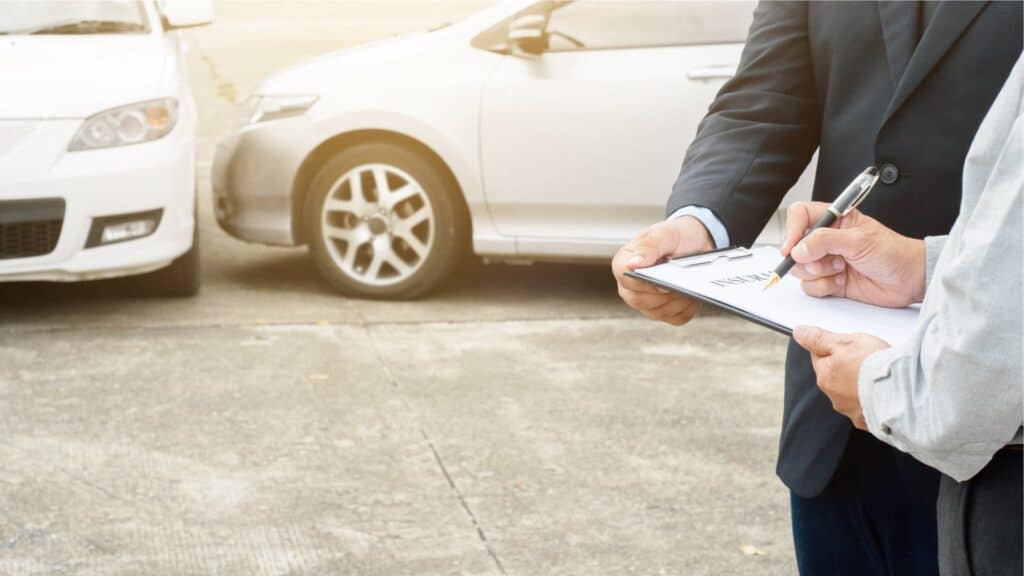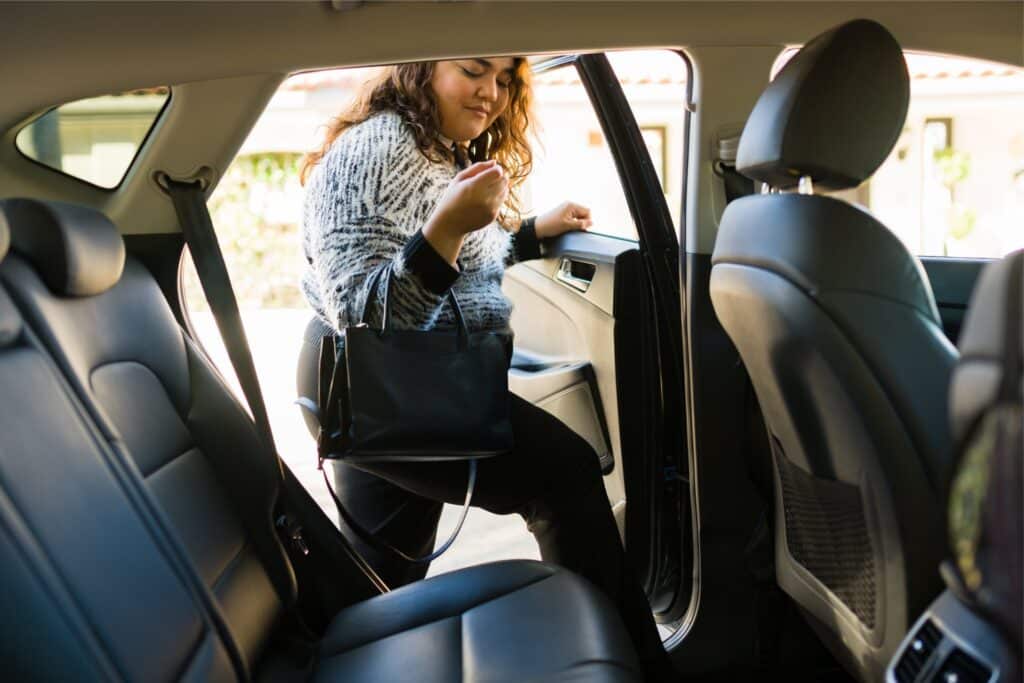Recently, the AAA Foundation for Traffic Safety sponsored a study on distracted driving. The Washington Post reported on the outcome of the study, which showed that drivers who have their eyes on the road may still be distracted if they are using tech devices while driving. 
Our Portland, OR car accident lawyers know that 3,331 people died and 387,000 people were hurt in distracted driving-related accidents in 2011. Efforts to curb these accidents have largely focused on stopping people from texting or talking on a cell phone unless a hands-free device is used. However, the new AAA study reveals that tech advances designed to keep driver’s eyes on the road haven’t really made people any safer.
Distracted Driving Still a Risk Despite Tech Innovations
To determine how distractions affect the ability to drive safely, researchers conducted a series of experiments using driving simulators and on-road tests. The study took place over a two-year period and groups of test subjects were fitted with caps with electrode wires. The wires recorded how the subject’s brains responded to an increasing number of distractions. When brain waves changed as a result of a distraction, a squiggly line appeared on the graph.
Based on brain activity, the study revealed that the more complicated and absorbing a task is for the driver, the greater the distraction the task caused. Furthermore, the longer the task takes to complete, the worse the problem becomes. Tasks such as having a conversation or setting a GPS destination, therefore, can take much of the brain focus away from the road for an extended period of time, making it hard to concentrate.
While it is not unexpected that distractions take focus away from the roads, some of the information found in the study was surprising to researchers. First and foremost, it came as a surprise that technology intended to make texting safer while driving is not very effective. In fact, when drivers interacted with a speech-to-text system on their cell phones, this actually created the most cognitive distraction of any of the activities. Because of this result, researchers believe that using voice-based systems in vehicles could actually have the unintended consequence of making traffic safety worse.
The study outcome also highlighted two major issues: cognitive distraction and inattention blindness. A cognitive distraction is something that a driver may not even be aware of. The driver, whose brain is focused on something besides the road, could run through a red light or a stop sign and be totally and completely unaware of a cognitive distraction. In these cases, the driver might indicate he never saw the light or sign.
Inattention blindness is a related problem wherein a driver sees something but what he sees does not register in his brain. For example, a driver might see a red light but will not react to it because the brain is focused on something else. This problem means that it can take much longer for a distracted driver to react appropriately, such as by swerving to avoid an accident or braking at a light.
The study thus highlighted some new and serious risks associated with distracted driving. If you are out in your vehicle, you should not assume that you are safe to use your phone to text or talk just because you use voice-control or hands-free devices. You still increase your accident risk and could put your own health and safety, as well as the health of others on the road, in jeopardy.
If you or a loved one has been injured in an accident in the Portland area, contact Zbinden & Curtis. Call (503) 287-5000 for a free case evaluation.
This entry was posted on Monday, June 17th, 2013 at 9:22 pm and is filed under Car Accidents. You can follow any responses to this entry through the RSS 2.0 feed. You can leave a response, or trackback from your own site.










